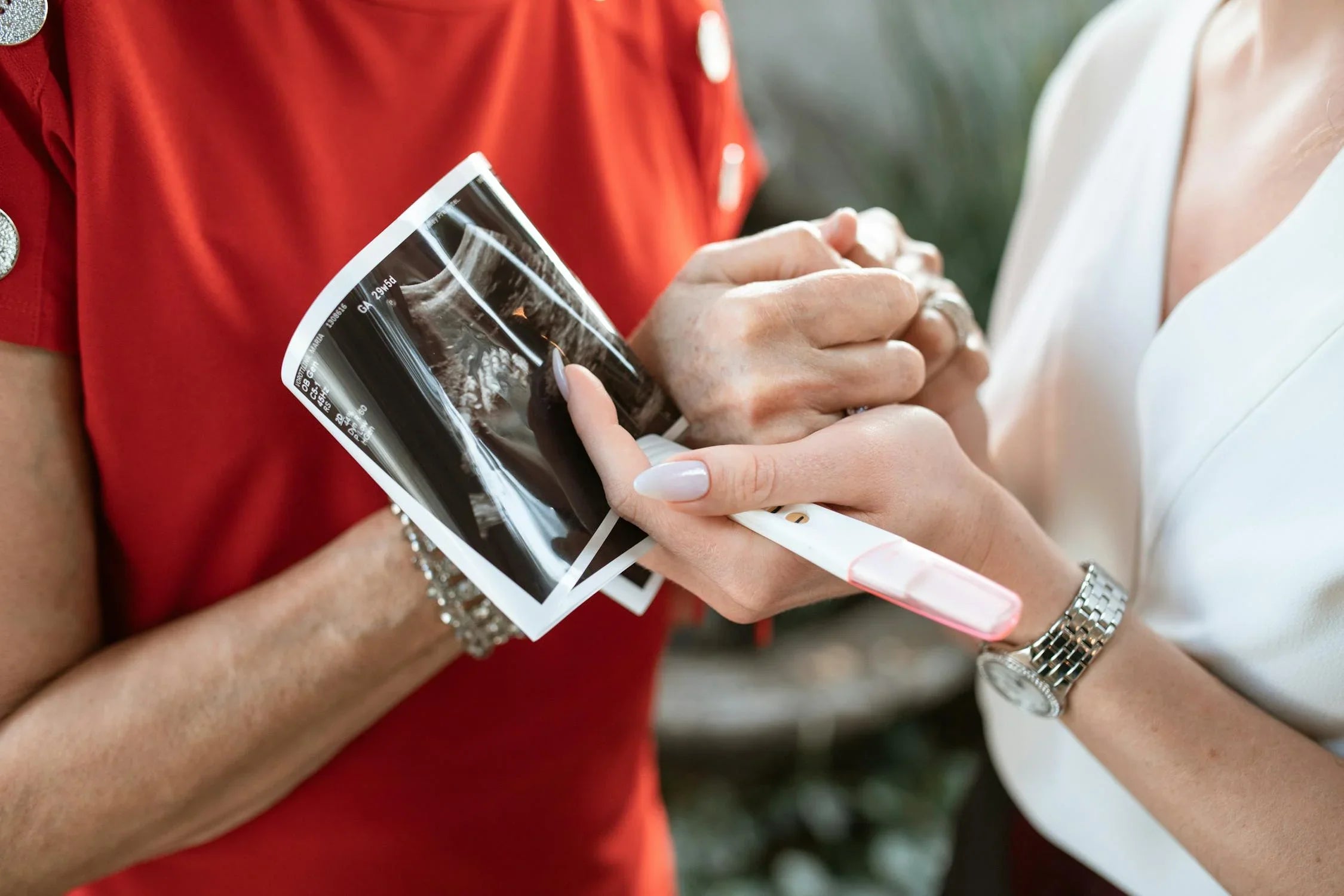Startseite
Pregnancy, Breastfeeding, and Pumping: The Ultimate Guide for Moms
Can You Pee on a Pregnancy Test? Everything You Need to Know

Can You Pee on a Pregnancy Test? Everything You Need to Know
When it comes to finding out if you’re pregnant, pregnancy tests are a go-to tool for millions of people worldwide. But how exactly do they work, and can you pee directly on a pregnancy test? This article dives into the details, answering all your questions and providing essential tips for accurate results.
How Pregnancy Tests Work
Pregnancy tests detect the presence of human chorionic gonadotropin (hCG), a hormone produced during pregnancy. This hormone is released when a fertilized egg attaches to the uterine lining. Most tests are designed to detect hCG in urine, making them a convenient and private way to check for pregnancy.
Can You Pee Directly on a Pregnancy Test?
Yes, you can pee directly on a pregnancy test, but it depends on the type of test you’re using. Some tests are designed to be held directly in the urine stream, while others require you to collect urine in a cup and then dip the test into the sample. Always read the instructions carefully to ensure you’re using the test correctly.
Types of Pregnancy Tests
There are two main types of pregnancy tests: strip tests and midstream tests. Strip tests require you to dip the test into a urine sample, while midstream tests are designed to be held directly in the urine stream. Both types are equally effective when used correctly.
Tips for Accurate Results
To get the most accurate results, follow these tips:
- Use the test first thing in the morning, when hCG levels are most concentrated.
- Read the instructions carefully and follow them step by step.
- Check the expiration date to ensure the test is still effective.
- Avoid drinking too much liquid before taking the test, as it can dilute your urine.
Common Mistakes to Avoid
Even though pregnancy tests are simple to use, there are some common mistakes that can lead to inaccurate results. These include:
- Not waiting long enough for the results to appear.
- Using a test that has expired.
- Misreading the results, especially faint lines.
- Taking the test too early in the pregnancy.
When to Take a Pregnancy Test
The best time to take a pregnancy test is after you’ve missed your period. Testing too early can result in a false negative, as hCG levels may not be high enough to detect. If you suspect you’re pregnant but get a negative result, wait a few days and test again.
Understanding the Results
Most pregnancy tests display results as lines, symbols, or words. A positive result typically indicates pregnancy, while a negative result means hCG was not detected. However, faint lines can sometimes be confusing. If you’re unsure, it’s best to consult a healthcare professional.
What to Do After a Positive Result
If your pregnancy test is positive, the next step is to confirm the results with a healthcare provider. They can perform a blood test or ultrasound to confirm the pregnancy and provide guidance on prenatal care.
What to Do After a Negative Result
A negative result doesn’t always mean you’re not pregnant. If you still suspect pregnancy, wait a few days and test again. If you continue to get negative results but experience pregnancy symptoms, consult a healthcare professional.
Frequently Asked Questions
Here are answers to some common questions about pregnancy tests:
- Can medications affect the results? Certain medications, especially those containing hCG, can affect the results.
- Can a pregnancy test be wrong? While rare, false positives and negatives can occur due to improper use or medical conditions.
- How soon can a pregnancy test detect hCG? Most tests can detect hCG as early as 10 days after conception.
Pregnancy tests are a reliable and convenient way to check for pregnancy, but using them correctly is key to getting accurate results. Whether you pee directly on the test or use a cup, following the instructions and understanding the process can make all the difference. If you’re ever in doubt, don’t hesitate to seek professional advice.
Teilen
